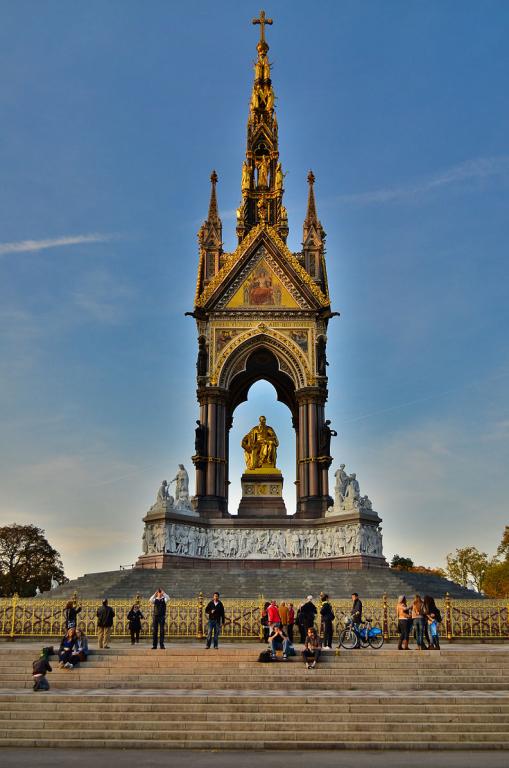
(Wikimedia Commons public domain image)
I am, I suppose, in a melancholy mood. “All real life is meeting,” said the great Jewish philosopher Martin Buber. “Alles wirkliche Leben ist Begegnung.” (Another way of rendering the German would be “All actual life is encounter.”)
This is true, I guess. And we can hope that, in the end, it’s ultimately and supremely true.
In the meanwhile, though, and pending that glorious day, real life is also parting.
My wife and I said a goodbye just a short while ago. This wasn’t precisely the trip to England that we had planned, or would have planned. But we loved it. And, along the way, I became well acquainted with “Peppa Pig.”
But now we move on. Real life is parting. And, astonishingly for a person with deep Scandinavian roots, I’m feeling quite teary-eyed.
Which put me in the mood for the poem “For the Fallen,” written about Great Britain’s dead in the First World War by Laurence Binyon (1869-1943):
This poem is beloved in the British Isles. It’s often read at memorial services and commonly appears, especially its fourth stanza, on war memorial sculptures and plaques.
Sadly, when Laurence Binyon died in 1943, yet another generation of the youth of the United Kingdom were immersed in bloody conflict.
The off-shore geographical location of the British Isles didn’t, in the end, prevent them from being caught up in the two European-generated World Wars. Nearly 900,000 British people perished in the First World War, according to one source that I consulted (the numbers vary considerably); something like 450,000 died in the Second.
It’s impossible to calculate the loss, in beneficial medical breakthroughs, in scientific discoveries, in acts of service and kindness, in fathers and mothers, the pain to parents and siblings and spouses and children.
Real life is parting. Someday, though, it will be gloriously different.
Posted from London, England











